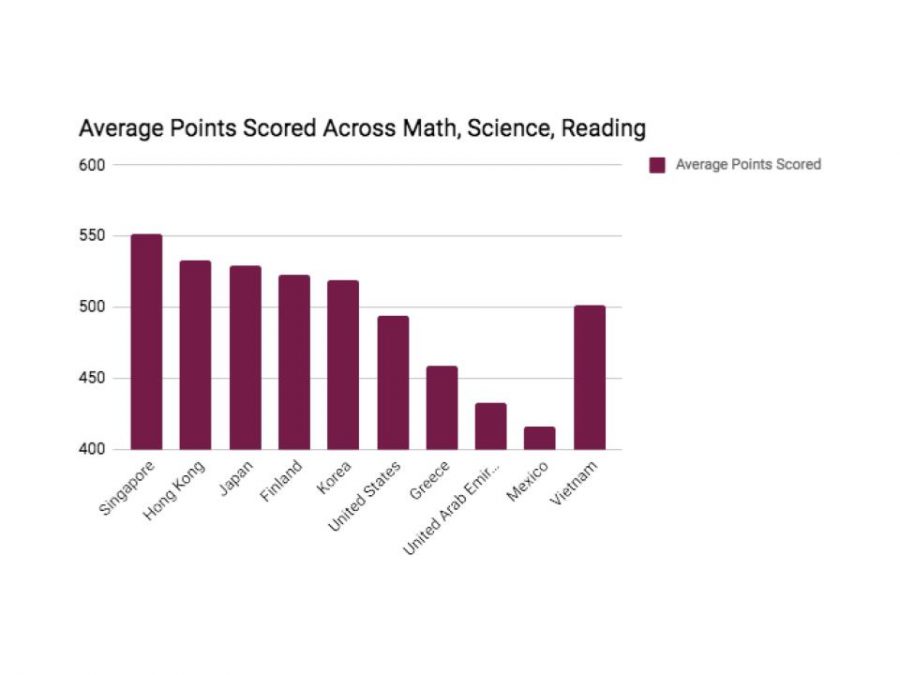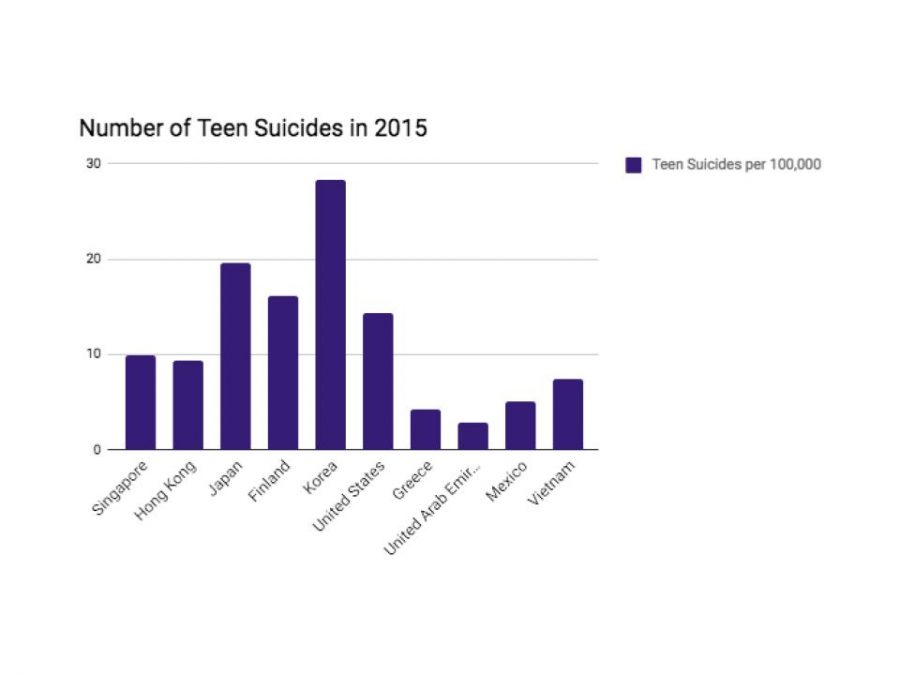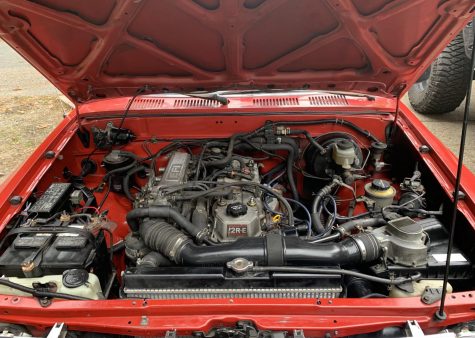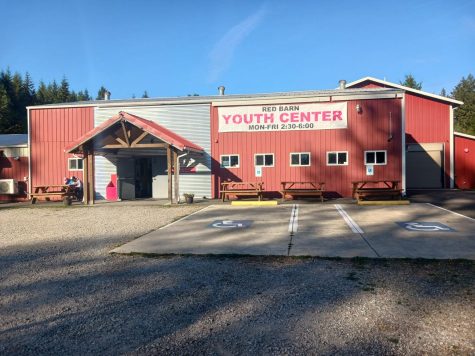The Ability Based Learning System
April 5, 2018
Everyone learns at their own speed, but the American education system doesn’t always cater to those unique learners. Those unique learners may include kids with attention disorders, those who just move slow, and child prodigies. Many kids feel like their classes are either too fast or too slow. And yes, we have advanced placement, but not everyone wants to put that work in. Vivienne Reum said, “ it isn’t fair to student or teacher to be generalized and fit into a grade level.” Along with school being a huge stressor, it is important that parents keep tabs on their child about school, but that can have adverse effects. Parents being overly invested in their kids and environmental effects can cause kids to develop mental illnesses.
A solution to this problem could be Ability Based learning. Basically this learning system eliminates grade levels and lets students progress only through proficiency. The American education system has a tendency to teach purely to the test, which in turn can cause kids to solely memorize facts, take a test, and then forget the information after the fact. Along with helping kids, Jack Olinger says, “it would be very beneficial for teachers because they can actually have target audience and make a difference with their teaching.”
There is a worldwide test to measure the education of all countries; it’s called the PISA, or Programme for International Student Assessment. Finland has adopted the ability based learning system and they score higher than the United States on the PISA exam. As shown below:

Although Finland isn’t the highest scoring country, they have the best mental health/suicide rates; opposed to the top performing countries. Unfortunately the top countries have the highest suicide rates; this may be because school is a huge stressor in their society. More specifically, if a student doesn’t do well in school they will not get into college and they will not succeed in life. That is a lot of pressure on kids. Statistics as seen below:

So the benefits seem like a no brainer. However, there are some concerns that come with this system. The main one being if a 12 year old child prodigy has the intelligence of an 18 year old, is it ethical to let them learn and grow in the same classroom. Well, it would seem we want the best for our kids, and if they are that accelerated then they can hold their own. Overall, a Peninsula student sums it up well when they said, “ the ability based learning system would increase student interest and investment, and truly prepare kids for the future.”













